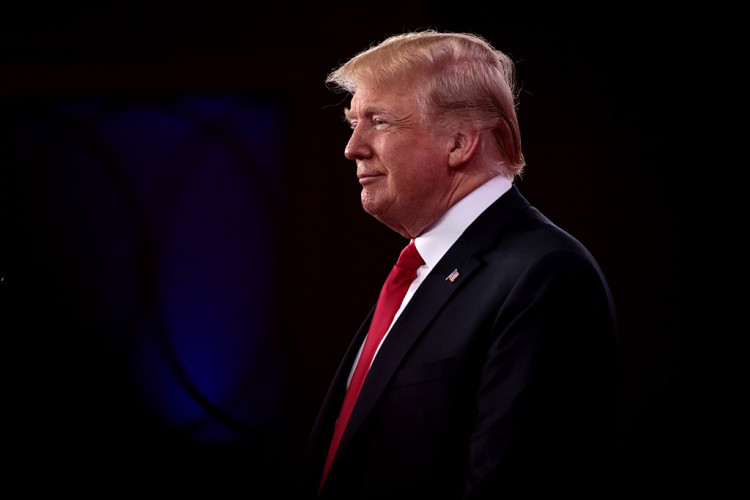Iran's special forces commander has some very choice words reserved for US president Donald Trump.
Reuters quoted the commander of the Revolutionary Guards, answering to comments that the US president made about Iran. The commander said that if Trump should have anything to say, he should direct it to the commander; he should also learn to use more direct language, the commander mockingly said.
These were the statements of Major General Qaseem Soleimani, head of the Quds Force of the Guards. It was also the latest in what has become a word war between the Trump administration and the Iranian government. Rouhani explained his demeanor, saying that it was his duty 'as a soldier' to answer the way he did. He also judged the US president unfit to address the Iranian president and that all comments should be directed to and pass by him.
BBC points out that Major General Soleimani's comments were made after Trump issued another one of his famous tweets.
On Twitter, the president issued a threat of sorts to Iran. He wrote-in all-caps-that the nation should "never, ever" threaten the US. The tweet, borne out of tension when the US walked away from the table of the Iran deal of 2015, was what the commander of the Revolutionary guards was responding to. He even went as far as saying that if the US "began the war, (Iran) will end the war."
A few days after he issued the tweet, however, the president was cordial. He said that the US-like in North Korea-was ready to talk peace with Iran again. The commander, however, was still on the warpath; however, he did say peace talks with Iran would initiate "the mother of all peace."
Meanwhile, White House spokesman Hogan Gidley tried to diffuse the situation. He said that the US was using its diplomatic channels in an effort to get Iran's officials back on friendly terms, enough to talk once again. He did not clear if an imminent strike was among possible options, an option which is scary, to say the least.
One big reason that might stop the conflict with Iran, however, would be the costliest fallout of a war with the nation. Oil prices, for instance, would rise up to unmanageable levels.






